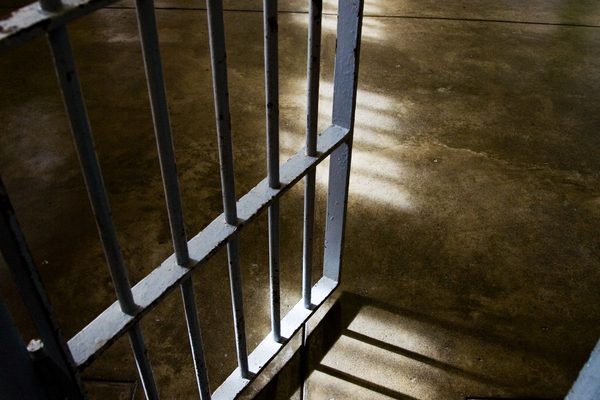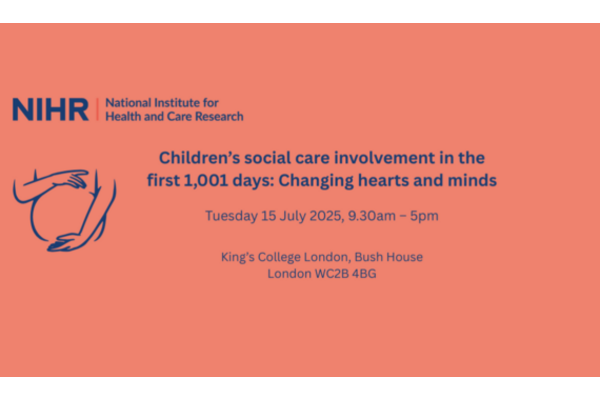The shocking report published by the Prisons and Probation Ombudsman today (22 September 2021) adds to the considerable evidence showing that prisons are not safe for pregnant women and their babies. The prison system poses too many risks.
Changes must be made to the way women and babies are cared for, but it is time to accept that these will never go far enough. The government can and must act now to stop sending pregnant women to prison.
As we reflect on what has been learned through this investigation, our thoughts are with the mother and those who care for her. No one should have had to experience this.
The PPO’s report makes clear that every pregnancy in prison is a high risk pregnancy, because women are kept behind a locked door for a significant amount of time. Prisons are unable to provide the personalised, trauma-informed care pregnant women require to address their complex health and social care needs. These factors have resulted in the death of Baby A and in other tragic deaths in the estate. In numerous other cases there have been serious incidents, near misses and adverse outcomes for women and their babies.
Today’s report highlights the many missed opportunities for healthcare, prison staff and social services to work together in assessing and responding to the needs of a vulnerable young woman and her unborn baby. This disconnect manifests in so many ways, day in day out, across the country, with incredibly serious implications for the lives of women and children affected by the criminal justice, health and social care systems.
We’ve been working in prisons for 25 years now, in which time we’ve seen…
- The determination and power that women bring to their roles as mothers, and opportunities to improve outcomes and make positive change;
- The barriers to safety, wellbeing and equity built into the system; and the risks posed to pregnant women, mothers and babies as a result;
- The resulting damage inflicted on individuals, families and society;
- The dedication of individuals working within the prison system to providing the best care and support possible, despite the challenges;
- Many serious incidents and near misses including births in cell and stillbirths.
It’s time to change things for good, and end the imprisonment of pregnant women and mothers of infants in all but the most exceptional circumstances. This is far from a radical position. It is in line with the Bangkok rules, adopted by the UN General Assembly eleven years ago, and resonates with the approaches of many other countries. The government can and must use the sentencing bill going through parliament at the moment to address this.
This change must include an end to the use of remand and recall for pregnant women and mothers of infants. In the Bronzefield case, the mother had not even received a custodial sentence. Use of remand has increased significantly in women’s prisons, growing 21% year on year before the pandemic. In 2019, at least a third of women remanded by the magistrates’ court or by the Crown Court didn’t go on to receive a custodial sentence.
Birth Companions will be working closely with Her Majesty’s Prisons and Probation Service on the implementation of their new framework on pregnancy, mother and baby units and maternal separation. We want to ensure the learning and recommendations from this PPO report and from a forthcoming report on another recent baby death at HMP Styal, are applied across the prison estate. But a focus on improving the care provided within prison walls must sit alongside a commitment to reforming sentencing practice and to improving support for pregnant women and mothers in the community. This report must result in a step change in the prison system and outside it.





